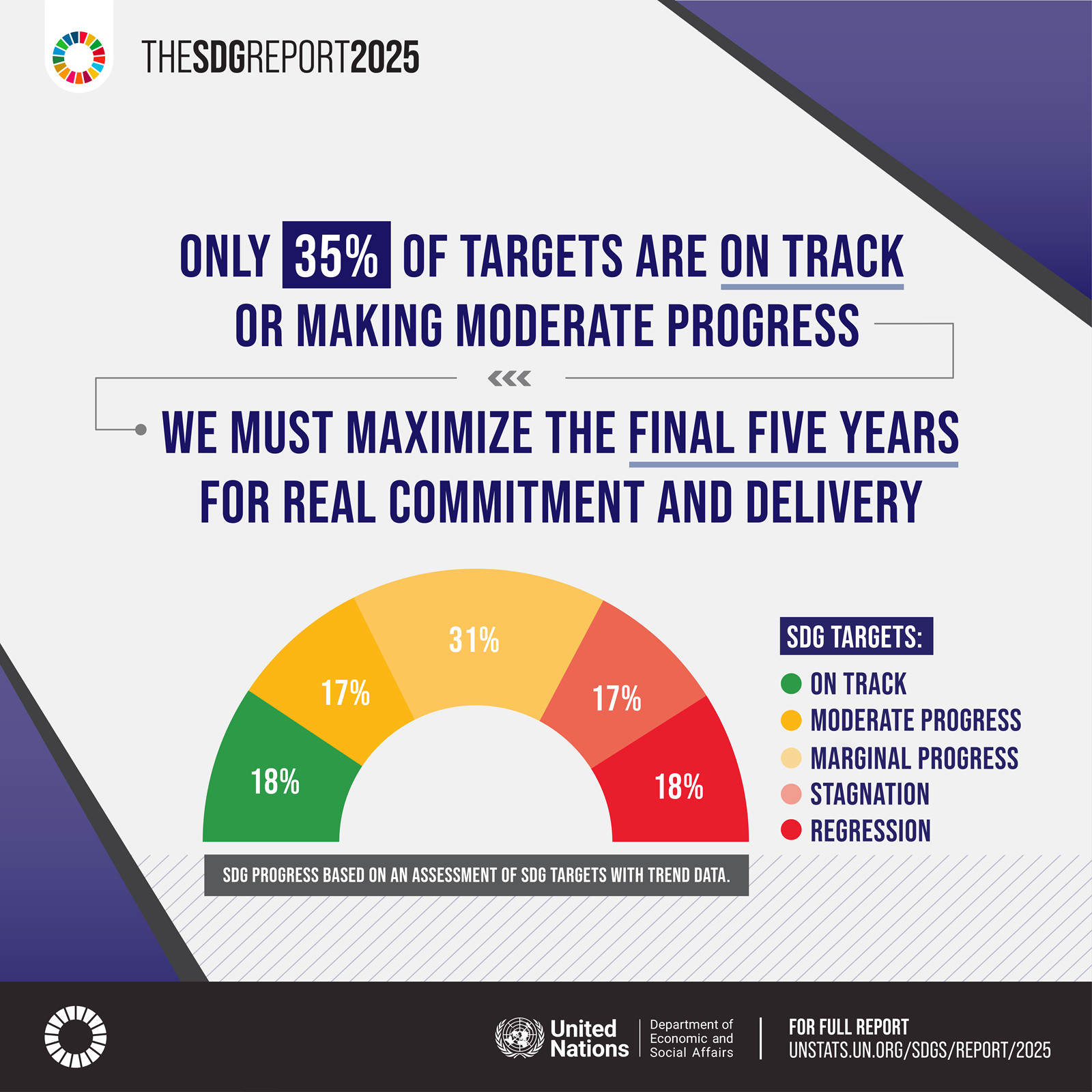However, in March 2020, the level had reached 1,134.47 meters above sea level. As a result, over the last few months, many shores of Lake Victoria in Kenya, Tanzania and Uganda have been submerged.
But environmentalists have warned that in future, the (unpredictable) rise in water levels will intensify the occurrence of floods, this will affect livelihoods and economic activities at the shores of Lake Victoria which are already awash with challenges of pollution, encroachment and destruction of swamps.
In Bunyala sub county (Kenya), at the beginning of March it was reported by The Star Newspaper that a backflow from the lake had resulted in flood victims affecting over 260 families at Musoma and Sidokho in Bunyala South ward. This prompted the Busia Governor Sospeter Ojaamong to ask for assistance from Government of Kenya for dredging machines to desilt the lake, especially the mouth of River Nzoia.
On the other hand, in Tanzania, The Citizen newspaper reported that farmers, fishermen, transporters and livestock keepers might be rubbing their hands with glee following the rise of Lake Victoria water level, as this will positively impact their economic activities.
Mr. Gerald Itimbula from the Lake Victoria Basin Water Board (LVBWB) was quoted by The Citizen Newspaper as saying that, ‘From a hydrology point of view, a rise in water levels means enough water for carrying out community projects like farming, livestock keeping, transportation, fishing and industrial activities”. He noted that the increase in water levels may also have some negative effects on people who conduct their income-generating activities close to the lake and thus the warning issued on February 8, 2020 for people living or having businesses close to the lake to relocate.
In Uganda, communities in Kalungu, Masaka, Kalangala, Entebbe, Wakiso and Kampala have been severely affected, as homes (including posh ones) and work places that have been submerged, including hotels (for example the Lake Victoria Serena Hotel - Kigo) and several beach fronts in Entebbe.
Explaining the occurrence, Dr Callist Tindimugaya, the water resources specialist in-charge of Lake Victoria management at the Ministry of Water and Environment was quoted by ChimpReports saying that Lake Victoria is refilling its parts where it had receded from.
“When it rains, all the rain water from Uganda, Kenya, Tanzania, Rwanda, Burundi and DR Congo comes into Lake Victoria and it does not come in one day. However, he warned that encroachers should expect the water to invade them because it is reclaiming the place where it used to be. Dr Tindimugaya added that the floods could get worse due to the rains and increasing inflows from mainly River Kagera and other rivers that pour water into Lake Victoria.
While, Dr Ally Matano (Head, Lake Victoria basin Commission) strongly recommends that those people living in lowland vacate to avoid further disasters due to the an unprecedented rise of water levels since October 2019, it is equally important that the East African Community mobilizes all stakeholders and coordinates coherent bottom-up joint actions in the short to long-term in order to mitigate this challenge, that might put more livelihoods at stake than it is now.

No comments:
Post a Comment